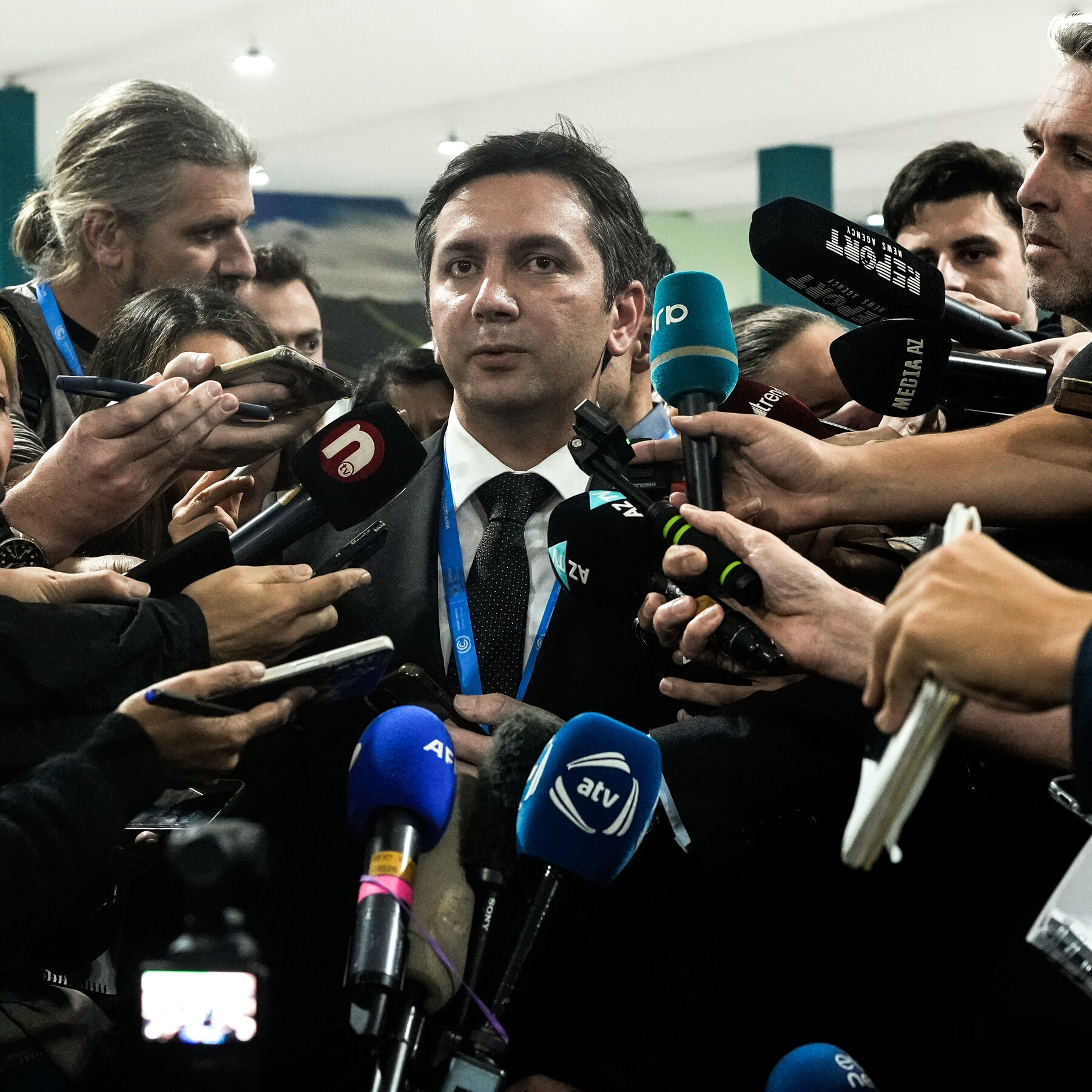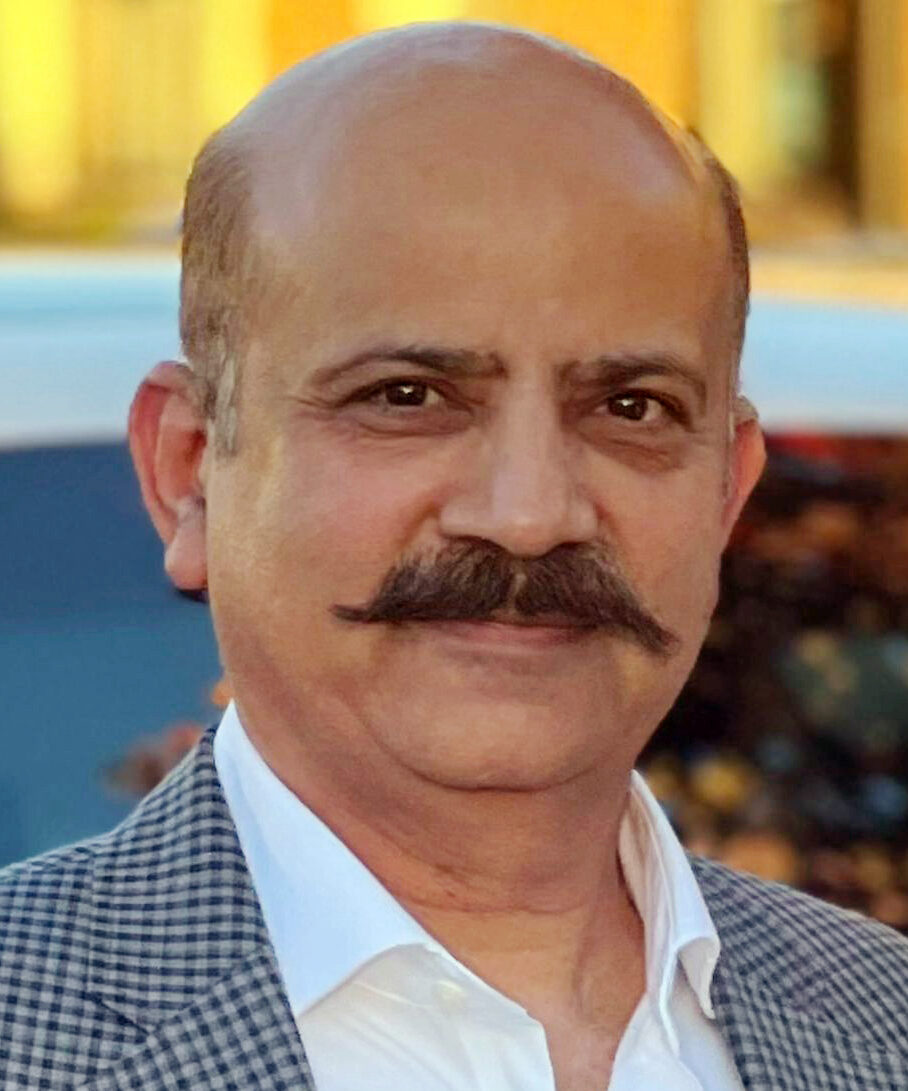COP29 Climate Talks Get a Deal on Money, but Only After a Fight

You have a preview view of this article while we are checking your access. When we have confirmed access, the full article content will load.
Some countries were outraged over what they saw as deep flaws in the plan, which calls for $300 billion per year in support for developing nations.

By Max Bearak
Reporting from the COP29 climate summit in Baku, Azerbaijan
Negotiators at this year’s United Nations climate summit struck an agreement early on Sunday in Baku, Azerbaijan, to triple the flow of money to help developing countries adopt cleaner energy and cope with the effects of climate change. Under the deal, wealthy nations pledged to reach $300 billion per year in support by 2035, up from a current target of $100 billion.
Independent experts, however, have placed the needs of developing countries much higher, at $1.3 trillion per year. That is the amount they say must be invested in the energy transitions of lower-income countries, in addition to what those countries already spend, to keep the planet’s average temperature rise under 1.5 degrees Celsius. Beyond that threshold, scientists say, global warming will become more dangerous and harder to reverse.
The deal struck here at the annual U.N.-sponsored climate talks calls on private companies and international lenders like the World Bank to cover the hundreds of billions in the shortfall. That was seen by some as kind of escape clause for rich countries.
The financing negotiations were complicated by the election of Donald J. Trump less than a week before the summit’s opening day. Mr. Trump is widely expected to renege on any commitments negotiated in Baku and has said he will withdraw the United States from the Paris Agreement, the landmark 2015 climate accord that aims to curb global greenhouse gas emissions.
Another difficultly was the expectation that the Republican-led Congress will curtail funding for Ukraine, placing a greater burden on that country’s European allies and leaving less money available for climate efforts.
Many negotiators and diplomats said, however, that Mr. Trump’s election also created a sense of urgency around the need to speed the transformation of increasingly interconnected economies around the world, many of which are still largely dependent on fossil fuels like coal, oil and gas.






